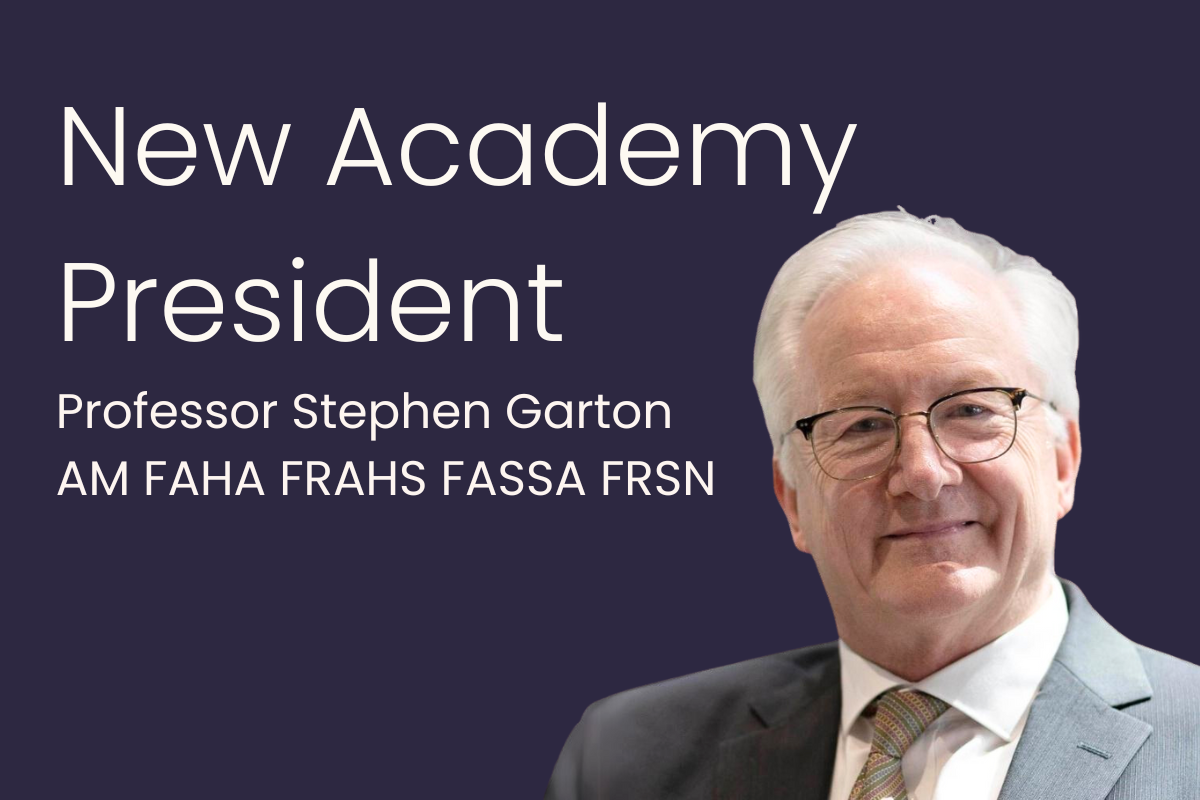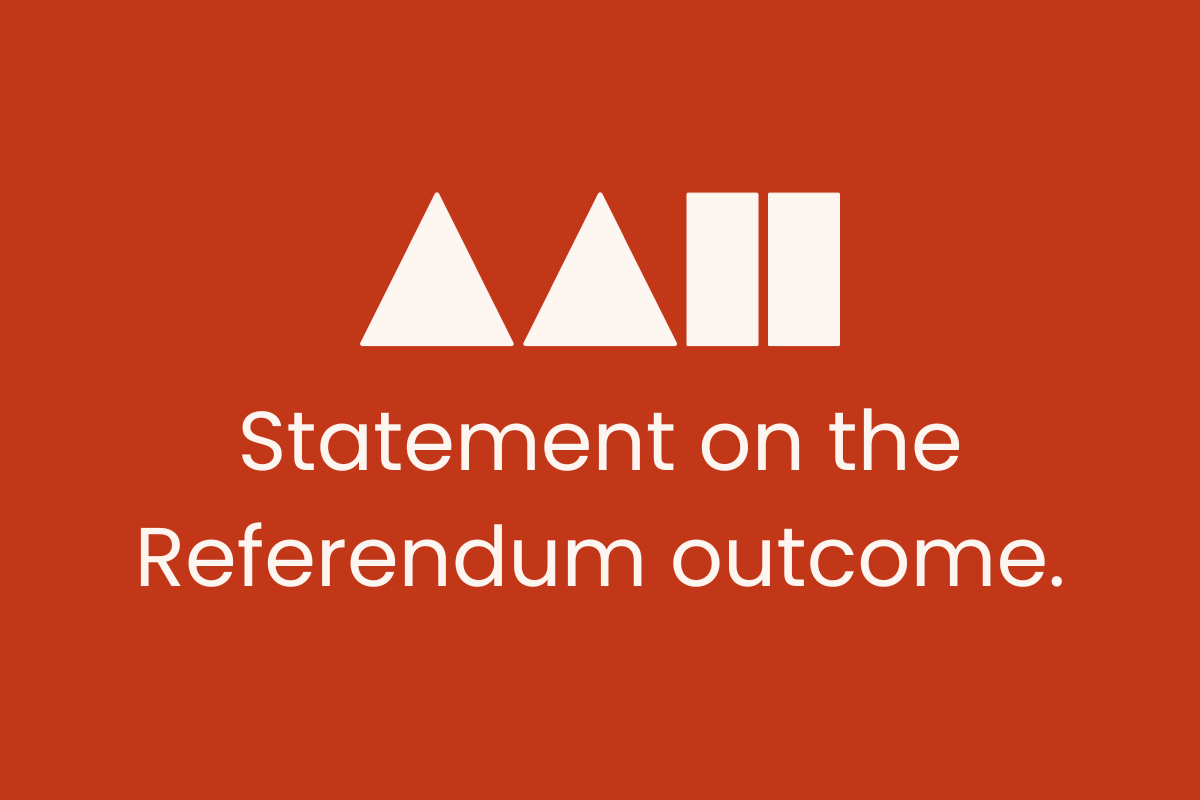Regrettably, it took a public crowd funding initiative, and a bipartisan advocacy campaign led by historians, to achieve this result.1
Meanwhile, humanities students at Australian universities now face much higher fees than previously to dissuade them from subjects like politics, history, cultural studies and communications.2
How do governments and the Australian community see the humanities in the real business of running a national economy?
The humanities are rarely mentioned when we talk about innovation, or industry, or jobs. Yet the real economy is saturated with the humanities.
The humanities and arts provide the underpinning skills and pipeline of talent to Australia’s creative economy, which employs in excess of 600,000 workers and is worth $112 billion of the nation’s GDP.3 Across the creative economy, humanities and arts graduates are employed directly in creative occupations, in creative industries, or embedded in creative roles across other industry sectors, from resources to financial services. Pre-COVID-19, this substantial part of the Australian economy was growing at twice the rate of the general economy.4 Post COVID-19 the creative economy is going to be central to Australia’s recovery, especially in the regions.
Humanities graduates and capacities are less visible, but just as integral, across many other parts of the economy. Graduate destination data shows that humanities graduates are in demand in sectors projected for substantial growth based on the government’s own jobs data (education and training, public administration and safety, professional, scientific and technical services, healthcare and social assistance, and arts and recreation services).5
Humanities graduates outperform science and maths graduates in full-time employment and labour force participation. Three months out from graduation 59 per cent of science and mathematics graduates are employed full-time, compared to 61 per cent of humanities graduates. Humanities graduates have higher labour force participation rates than their science and maths counterparts at 89 per cent, compared to 84 per cent.6
Humanities skills enable career progression and career mobility over time. Whereas jobs with rapid changes in skills (characterised by a very technical or applied focus) have a high obsolescence of skills, humanities skills retain and increase their value over time.7 Employers and employer groups tell us they want the capacities that humanities graduates bring. The humanities create leaders, and offer a guiding framework, changing the conversation that’s happening inside of organisations.8
We know that future employment growth will be in jobs which are difficult to automate – those that depend on creativity, interpersonal skills and emotional intelligence. These capabilities are the hallmark of a humanities training. Of the six industries least susceptible to automation, five are traditional humanities graduate destinations (education, professional services, healthcare, information, media and communications, arts and recreation services, and public administration).9
Treasurer Josh Frydenberg was correct in saying Australia is ‘better placed than nearly any other country to meet the economic challenges that lie ahead.’ Our mix of technical and non-technical skills across all areas of the economy positions us well to respond, because we know that innovative thinking happens when diverse ideas and perspectives come together.
Governments rightly recognise the role of science and health research for Australia’s future. Just like the broader community, those of us in the humanities are the beneficiaries of science breakthroughs and applications. So too, scientists benefit from the cultural insights, ethical perspectives and imaginative work in the humanities.
Our new Chief Scientist, Dr Cathy Foley, is shaping her tenure with the catchphrase ‘science cannot do it alone’.10 The chorus of objections to the vilifying of the humanities during the Job-Ready Graduates debate included responses from science groups, arts organisations, and business peak bodies.
So, who needs to be convinced of the value of the humanities and the need to continue to smash the silos between the disciplines?
Whatever the intention, in continuing to fuel the tired old debates of science versus humanities, the Government’s approach to the humanities sadly forces us into defensive mode, repeating and reiterating the many economic, social and intrinsic values of study and research in the humanities. Just as we have done here again.
Imagine instead that Governments recognised that to smartly position Australia during this time of rapid and far-reaching social and technological change, we need to encourage the study of humanities to empower us to think and act creatively and critically, to reason, to ask questions, and to solve problems.
Imagine that our leaders were making decisions about Australia’s future by actively drawing on humanities expertise to advise on matters that are unique to the Australian community, including our history and culture; understanding the deep historical and cultural roots of the shifting world order; how not to leave people behind in an automated future; and to learn how people have responded to major social or environmental changes in the past.
Just as a rapid vaccine development for COVID-19 could only occur on the back of decades of fundamental research, so investment in humanities capacity is a long-term matter. We need to bring vision and commitment to building this talent in our nation’s universities and cultural infrastructure (archives, libraries, museums and galleries). Savaging the humanities is a net loss to science, to business, to the digital economy, and to Australia’s COVID-19 recovery.
This article first appeared in The Australian on July 1, 2021 and is republished courtesy of The Australian.
- National Archives of Australia (2021) Help Save the Nation’s Memory, https://www.naa.gov.au/about-us/support-us
- Australian Government (2020) Study Assist – Student Contribution Amounts, https://www.studyassist.gov.au/help-loans-commonwealth-supported-places-csps/student-contribution-amounts
- Bureau of Communications, Arts and Regional Research (2018) The Economic Value of Cultural and Creative Activity, https://www.communications.gov.au/departmental-news/economic-value-cultural-and-creative-activity
- A New Approach (2020) Australia’s Cultural and Creative Economy: A 21st Century Guide https://www.humanities.org.au/new-approach/report5/
- National Skills Commission (2021) ‘Services Set to Drive Five Year Employment Growth’, https://www.nationalskillscommission.gov.au/news/news-centre/services-set-drive-five-year-employment-growth
- Quality Indicators for Learning and Teaching (2020) 2020 Graduate Outcomes Survey, https://www.qilt.edu.au/docs/default-source/gos-reports/2020-gos/2020-gos-national-report.pdf?sfvrsn=be0bec3c_2
- David Deming, Kadeem Noray (2020) ‘Earnings Dynamics, Changing Job Skills, and STEM Careers,’ The Quarterly Journal of Economics, Volume 135, Issue 4; David J. Deming and Kadeem Noray (2018) STEM Careers and the Changing Skill Requirements of Work (NBER Working Paper No. 25065 2019), DOI 10.3386/w25065
- Australian Academy of the Humanities, Future Humanities Workforce (forthcoming), https://www.humanities.org.au/advice/projects/future-workforce/
- Bureau of Communications and Arts Research (2019) Creative Skills for the Future Economy – Working Paper https://www.communications.gov.au/publications/creative-skills-future-economy
- Australia’s Chief Scientist (2021) National Press Club Address, https://www.chiefscientist.gov.au/Dr-Cathy-Foley-delivers-National-Press-Club-Address



